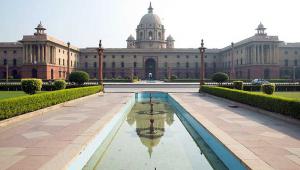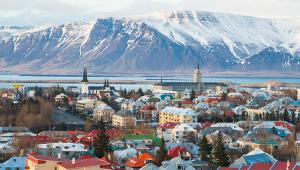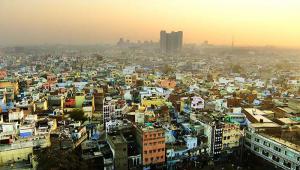The country’s parliament has approved 386.9 billion birr ($13.5bn) in government spending for the 2019–20 fiscal year – a 12% increase on last year.
Finance Minister Ahmed Shide said on the government-controlled Fana Television that the budget boost will probably raise economic growth to about 9%.
The IMF says Ethiopia has made “remarkable progress” in meeting its development aims over more than a decade.
Growth remains high while the current account deficit has continued to narrow, the IMF said in a report on the country’s economic health last year.
The sub-Saharan country’s economy is supported by reforms and powered by the private sector, and high growth has led to a significant reduction in poverty and improved living standards for many Ethiopians.
Major infrastructure investments are starting to bear fruit and the provision of public services such as education and health has increased dramatically.
As a result, the fund says the population has enjoyed welfare gains, with the proportion of people living in poverty falling from over 45% in 1995 to about 23% in 2015.
The IMF forecasts growth in Ethiopia of about 7.7% in 2019 – among the fastest-growing economies in Africa after Ghana at 8.8%.
Addis Ababa plans to allocate about $3.79bn to fund the operating budget, $4.53bn for capital expenditure, and $4.876bn in transfers to sub-national authorities. Another $207.95m will be used to implement projects for the Sustainable Development Goals.
Shide plans to increase investments in key sectors such as agriculture, energy and mining and wants the country to attract more foreign direct investment.
A key factor in Ethiopia’s economic success has been relative political stability under the Ethiopian People’s Revolutionary Democratic Front coalition of regional parties, which has ruled since 1995.
Last year the coalition’s chairman Abiy Ahmed took over as prime minister and launched wide-ranging political and economic reforms.
However, there are signs of growing tensions, and a rare dispute broke out earlier this month between two coalition members, the Tigray People’s Liberation Front and the Amhara Democratic Party.














